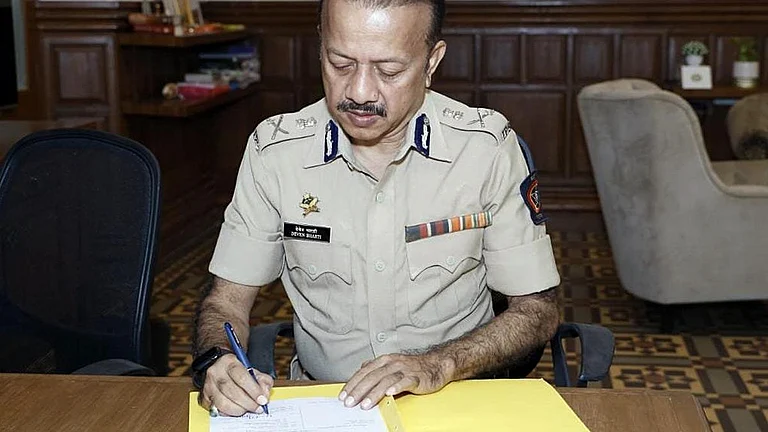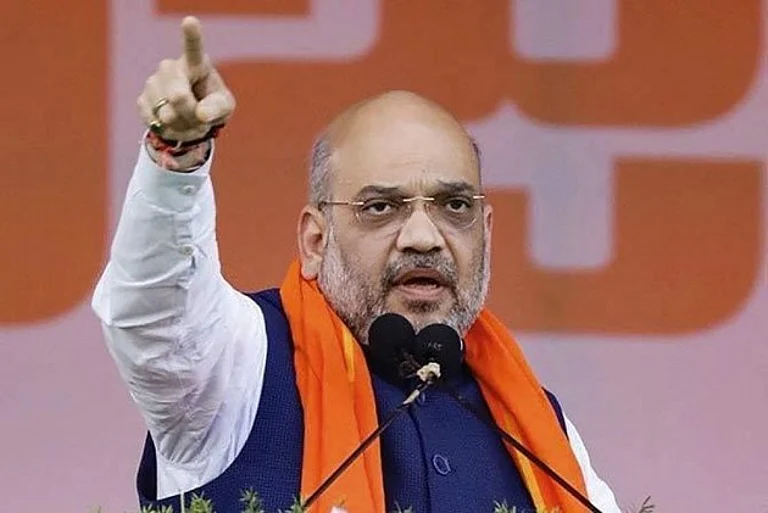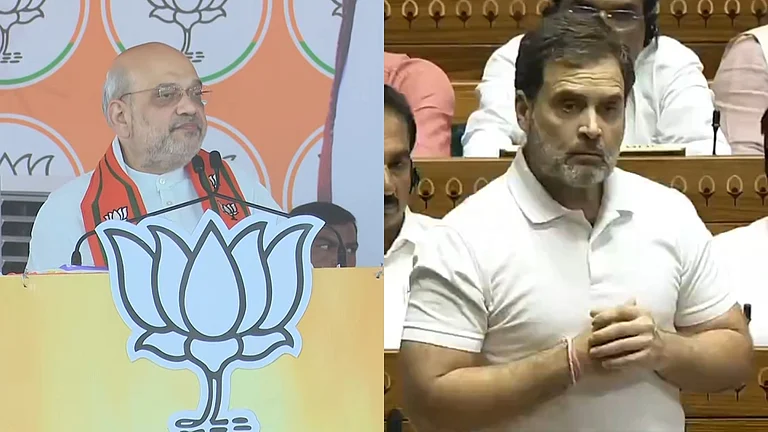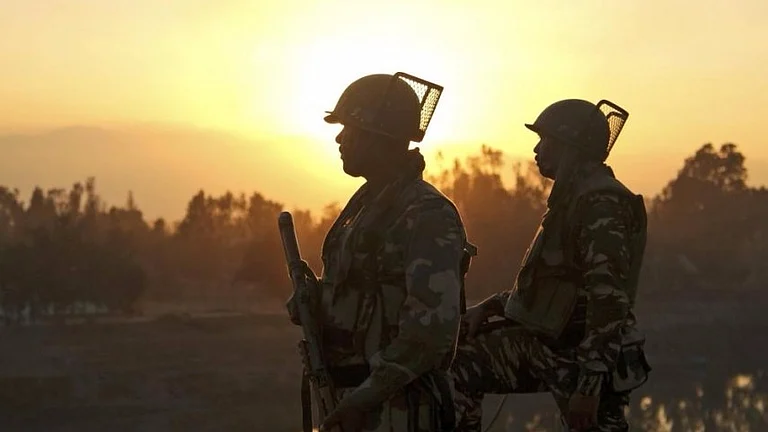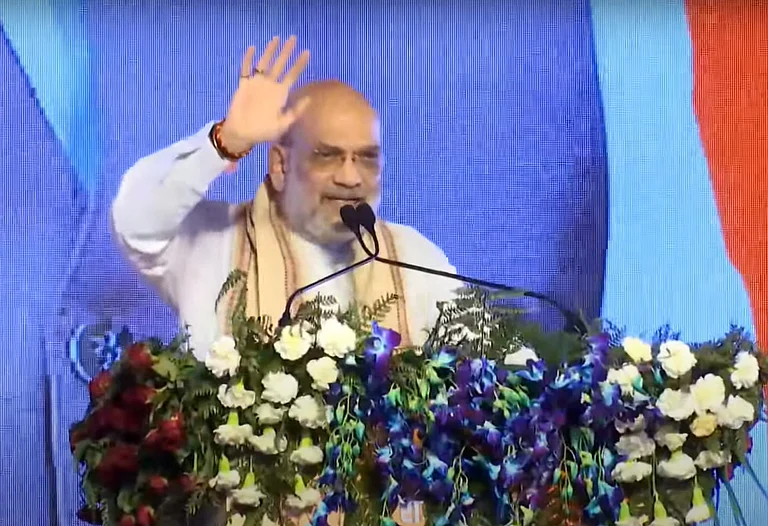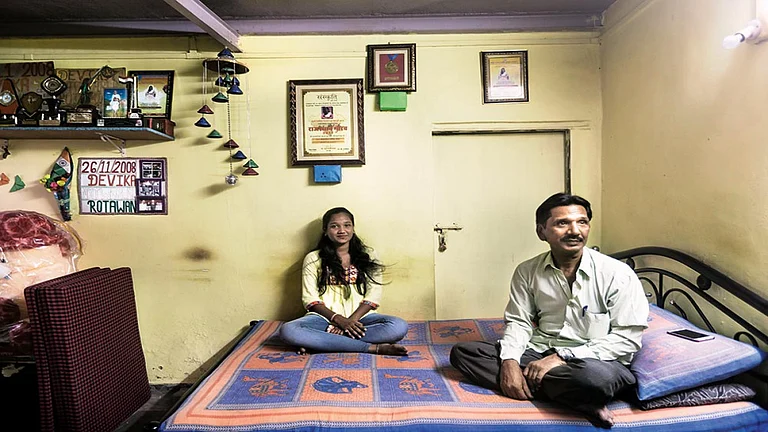
Summary of this article
National leaders paid homage on the 17th anniversary of the 26/11 Mumbai terror attacks.
President Murmu, Amit Shah and Rahul Gandhi reaffirmed India’s resolve against terrorism.
Tributes highlighted the 166 victims and security personnel killed in the 2008 attacks.
Marking the 17th anniversary of the 26/11 Mumbai attacks, top constitutional and political leaders on Tuesday paid homage to the victims and security personnel, underscoring a continued national commitment to confronting terrorism. According to Mint, the tributes came as the country reflected on one of its worst terror strikes, which killed 166 people and injured 300.
President Droupadi Murmu, Home Minister Amit Shah, Defence Minister Rajnath Singh and Leader of the Opposition Rahul Gandhi led the observances. President Murmu said the nation remembers the “supreme sacrifice” of those who died protecting civilians. “On the anniversary of the 26/11 Mumbai terror attacks, I pay my humble tribute to the brave soldiers who sacrificed their lives to protect the people of our country,” she said, adding that the moment calls for a renewed commitment to combat terrorism “in all forms” and to move forward “with a resolve to build a stronger and more prosperous India.”
Shah emphasised the Centre’s firm stance on internal security. Mint reported that the Home Minister reiterated the government’s zero-tolerance policy towards terrorism, noting that this approach has drawn “appreciation from across the globe”. Writing on X, he recalled the “cowardly attack” carried out in Mumbai on 26 November 2008 and paid respects to the security personnel who confronted the gunmen. He also extended condolences to all those who lost their lives, stating that terrorism remains a threat to the “entire human race”.
Rahul Gandhi likewise honoured the soldiers and civilians killed in the assault. “India will never forget their courage, sacrifice, and martyrdom,” he said. Mint reported that the Congress leader joined families and citizens in remembering those who were targeted in the citywide violence.
The 2008 attacks were carried out by ten Lashkar-e-Taiba operatives who entered Mumbai by sea on the night of 26 November. Over four days, they struck some of the city’s busiest locations, killing 166 and injuring 300. Citing details reported by Mint, the coordinated assault hit sites chosen for maximum impact, including the Taj and Oberoi Hotels, Chhatrapati Shivaji Maharaj Terminus, the Jewish centre at Nariman House, Cama Hospital, Metro Cinema, and Leopold Cafe—places frequented by foreign visitors and thousands of Mumbai residents.
Reminders of the violence remain etched across South Mumbai: bullet marks at Leopold Cafe and Nariman House, and the bust of Assistant Sub-Inspector Tukaram Omble, who died while capturing the lone surviving gunman, Mohammad Ajmal Amir Kasab. Nine of the attackers were killed during the operation, while Kasab was captured alive, sentenced to death in May 2010 and executed in 2012 in a maximum-security prison in Pune.
For survivors and families of the victims, the anniversary continues to be a stark reminder of the scale of the tragedy and its long-lasting impact on the city.
(With inputs from Mint)



